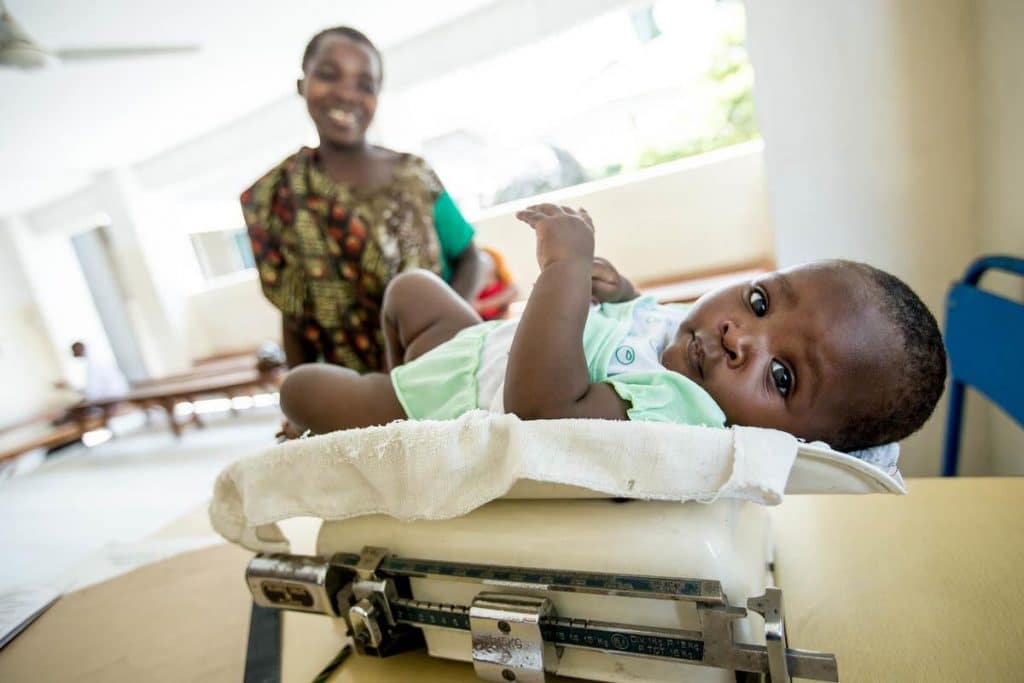UNICEF, AfDB reports reveal civil registration gaps and opportunities in Africa
Civil registration and vital statistics systems are being gradually digitalized in African nations, and the pictures both of how they are proceeding, and how they should proceed, is becoming clearer, as heard in the latest ID4Africa Livecast.
Executive Chairman Dr. Joseph Atick noted that the community wants civil registration to be more sustainable.
The 37th Livecast event began with a review of the outcomes from the COM6 meeting with representatives of UNECA and UNICEF.
The Livecast then moved on to a series of discussions on ‘Digitalization as an Enabler: Opportunities & Concerns,’ starting with Bhaskar Mishra and Fui Meng Liew of UNICEF.
Mishra identified innovation, cost, and safety as three key elements of digitalization, and emphasized the importance of getting civil registration business processes correct from the beginning of developing the system.
“Post-digitalizing course corrections are not only prohibitively expensive, but seldom work,” he says.
Attempting to do so anyway could knock the process back by multiple years. Adding extra steps to the process is also not advised, as it runs counter to the objectives of simplifying CRVS and making it more efficient.
UNICEF also advises that validation should be done at registration stage to perform certification simultaneously. Processes must take into account accessibility and the digital divide with a hybrid approach and alternatives to use of an ID number to prevent the system from causing exclusion.
Mishra also urged the gradual establishment of a link between birth registration and parents’ ID numbers.
He reviewed legal mandates and protections, and system costs, and suggested governments can partner with mobile network operators to provide discounted services in return for registration.
Liew noted that UNICEF and UNECA estimate that 164 million children under 5 are unregistered globally, 91 million of them in Africa.
She reviewed the benefits of digitization in universal coverage, interoperability, streamlined registration and secure storage. UNICEF supported eCRVS in more than 70 countries in 2021.
The agency is in the process of completing an analysis of market-ready CRVS solutions (not individual country solutions). It started with 15 candidate solutions, and ended with a final short list of four solutions after a SWOT analysis. The ‘eCRVS Vendor Analysis Report’ is coming in March.
The assessment is based on 110 functional and non-functional (scalability, auditability, security etc.) requirements, and 20 maturity indicators touching on areas like adoption, total cost of ownership, and adherence to best practices.
A data privacy and security assessment is ongoing until end of 2023 as part of the same project.
The exercise found a fragmented CRVS market, the total cost of ownership varying widely with not all costs always considered, 3 of 7 shortlisted solutions do not meet offline function requirement, security considerations and interop and data standards inconsistently applied.
Liew shared design principles for digital CRVS, and invited more and new vendors to participate in UNICEF’s evaluation.
Current state of affairs
The African Development Bank’s Roza M. Bora introduced an ‘Assessment of the Status of Digitalization/Digitization of CRVS systems in Africa’
The study is based on a questionnaire sent to civil registration offices across Africa to ask about legal frameworks, database links, digitized steps, capacity and other aspects of digital CRVS systems.
Forty-three countries responded, and AfDB found that legal frameworks for digital CRVS systems are in place in almost all of them, though legal provision for database links are in place in under two-thirds.
There is a wide spread between countries with access to identity databases in all offices, town and urban centers, or not at all. The report also analyzes steps digitized and technologies used in different countries across Africa.
Out of 37 countries with national ID databases, 23 have links between them and the CRVS database, while cloud adoption continues to lag in most countries.
Gaps are identified in funding, legal provisions for database links, and resources including IT personnel.
Bora says that among next steps, an in-depth study is needed to identify best practices for CRVS systems.
Hackathon details revealed
A civil registration hackathon will be held this year at ID4frica’s annual general meeting in Nairobi, Kenya, with up to 3 countries will receive special assistance to create working instances of OpenCRVS.
OpenCRVS’ Annina Wersun, who was recently a guest of the ID16.9 podcast, says the hackathon will provide value through real-life examples of how services can be put in hands of users. The project could also provide evidence for CRVS authorities to attract investment, and determine how to allocate funds.
Countries must apply to participate by the end of February, and details were provided on how to apply and participate.
The hackathon will also include integration with digital ID systems with the participation of vendors, who are invited to join in.
At the conclusion of the segment, Atick revealed that one of the workshops at ID4Africa’s 2023 AGM will convene work on an “African CRVS shared asset.” The workshop may, if so determined by participants, create a governance body for the shared asset planned for development.







